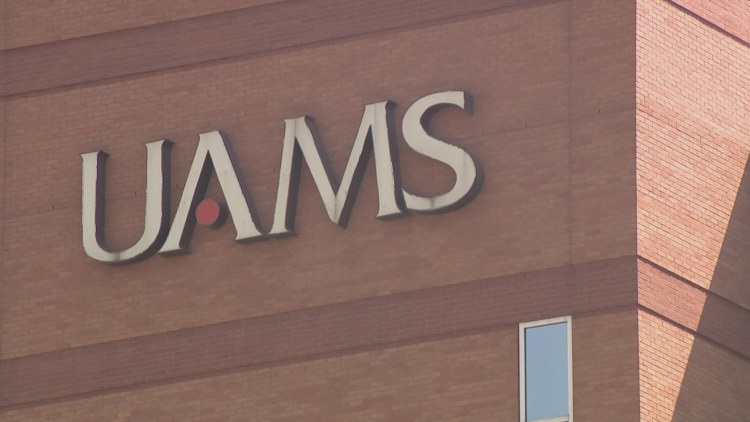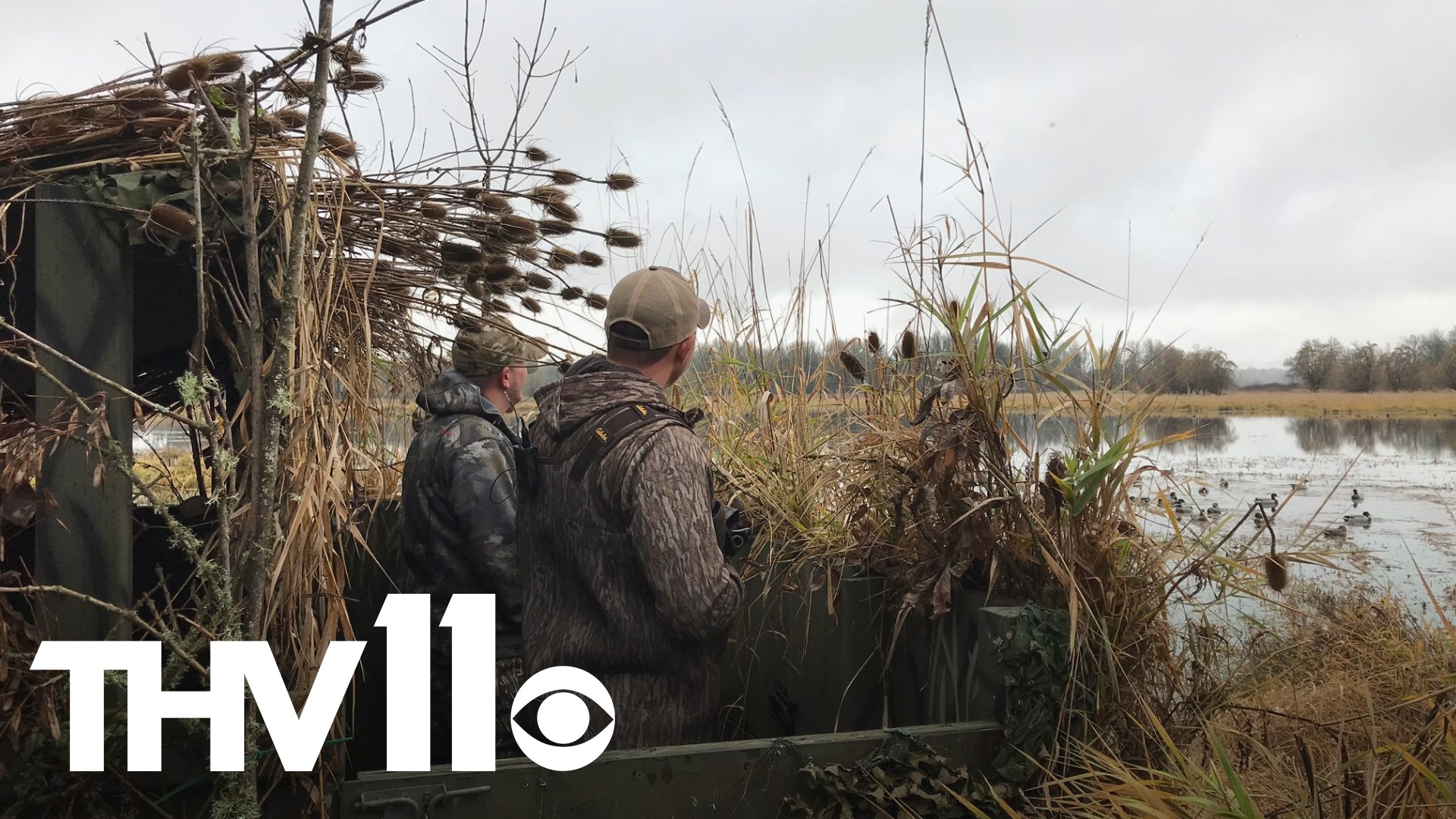LITTLE ROCK, Ark. — The University of Arkansas for Medical Sciences (UAMS) announced that they were awarded a $5 million Congressional appropriation to increase efforts across the state to reduce infant mortality.
A 2024 report from the U.S. Centers for Disease Control and Prevention (CDC) placed Arkansas third on a list of states with the highest infant death rates.
Data from the report revealed that Arkansas had 272 infant deaths in 2022, equaling an infant mortality rate of 7.67 deaths out of every 1,000 live births.
The new funds will allow UAMS to supply resources to every birthing hospital in the state and reach out directly to postpartum mothers to direct them toward any help they may need.
The funding, administered by the Health Resources and Services Administration (HRSA), was part of a legislative package championed by U.S. Sen John Boozman and approved in late March.
“Healthy, thriving families are key to a successful Arkansas, and UAMS consistently dedicates significant resources to help achieve that objective across our state. I was proud to secure a federal investment to enhance its infant and maternal care, so moms and babies receive proactive outreach and adequate medical support. Dr. Manning and her colleagues are terrific partners whose commitment to solving this challenge will continue demonstrating the merit in allocating these funds,” Boozman said.
Nirvana Manning, M.D., professor and chair of the UAMS Department of Obstetrics and Gynecology, said Boozman contacted the hospital in 2023 to learn the best ways to improve the state’s infant mortality statistics.
“I said we’ve got to first look at the moms,” Manning said. “There are many moms that either due to health issues, lack of resources or stressors that are not in the best place to take care of their babies and families.”
To get essential health care information directly to as many mothers and families as possible, UAMS aims to equip every labor and delivery facility in the state with informational packets, post-delivery resources, infant sleep sacks, car seats, or diapers.
The second phase of the project will be a “reverse call center,” where trained workers can reach out directly to postpartum parents to see how they’re doing and if they need any help.
“This way, we’re not placing the burden on the families to call us. We’re going to do this for everyone, regardless of their socioeconomic status or potential needs,” Manning explained. “This is a touchpoint to check on a family and make sure they’re doing well. Some may need a home visit. Some may need a nurse for home care. Some may need help with lactation. If they don’t need anything, that’s fine. If they do, we can team them up with resources.”
New parents will also be directed to helpful postpartum information created by the American College of Obstetricians and Gynecologists, and the American Academy of Pediatrics.



